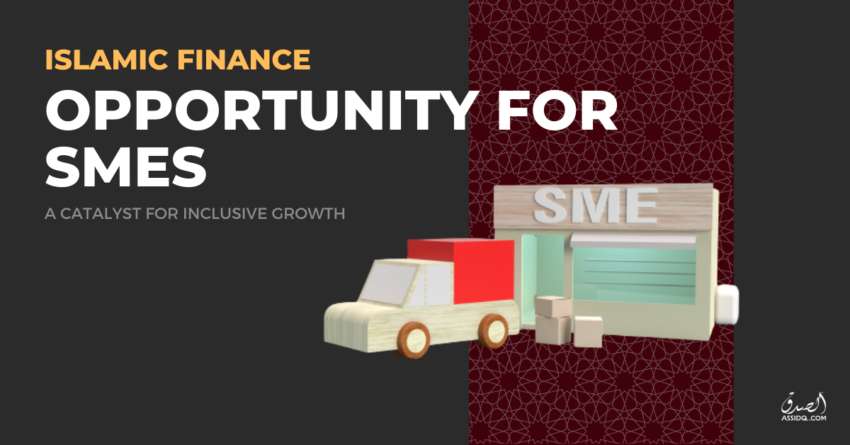Small and medium enterprises (SMEs) are recognized as engines of economic growth and key contributors to a country’s sustainable gross domestic product (GDP). This is true for both developing and emerging economies. Globally, they contribute to approximately 43.5 per cent of total employment and are responsible for 57.8 per cent of total new jobs created.
To help local SMEs to grow, Bank Negara Malaysia created the SME Masterplan 2012-2020. Among the points inside of it, is the need for SMEs to understand Islamic banking. The main principles of Islamic finance emphasize economic and social developments. This includes financial inclusion in the form of servicing the unbankable of society.
Therefore, when SMEs manage to secure facilities under these sharia-approved products, they will gain both tangible (cost savings) and intangible (ethical) benefits.
A catalyst for inclusive growth
Islamic banking provides financial inclusion. They promote asset-based and equity-based contracts as viable alternatives to conventional financing. Islamic finance has risk-sharing features. It also has as a strong link of credit to collateral. This is well suited for SMEs and promotes inclusive growth.
Asset-based financing fulfils an essential rule of Islamic finance. They are free from elements of gharar (uncertainty). A financial transaction needs to be part of real economic activity. It also needs a close financial linkage to the financial assets.
On the other hand, equity-based financing exercises profit and loss sharing between financiers and entrepreneurs. This promotes the alignment of their interests, increases risk-sharing, and foster entrepreneurship. This is beneficial for the early stages of start-ups. This is a stage which relies more on equity financing for their ventures.
Asset-based Islamic financing
There are three options available under this category. They are explained below:
1) Murabahah
- A contract where the financier purchases assets required by the client. These assets are then sold to the client at a cost that includes a disclosed profit margin. Payment is usually in instalments.
- Fixed financing rate and full transparency of the price and the mark-up.
- Useful for short-term financing. It overcomes collateral requirements by enforcing the sale of an asset in the case of default.
- SME management remains independent.
2) Ijarah
- A transaction where one party leases an asset for an agreed-upon rental fee.
- Another form, known as Ijarah wa Iqtina, is a lease to own. A financier leases assets for an agreed rental fee. One of the parties buys or sells the asset at the end of the lease period.
Enables financing even with the lack of collateral and credit history. This is because the lessor owns the assets and can repossess assets in the case of default.
3) Salam
- A forward sale contract. Advance payment is made for commodities which will be delivered at a future date.
- Beneficial for agricultural import and export
- Can be utilized to provide working capital for SMEs
Equity-based Islamic financing
1) Musharakah
- Partnership agreement established by two or more parties. All partners provide capital to a joint venture.
- Profits are distributed among partners on pre-agreed ratios. Losses are borne by the partners proportionate to their capital contribution.
Useful for long-term financing. An entrepreneur can receive a percentage of profits which is higher than the capital contribution.
2) Diminishing Musharakah
- A Musharakah agreement where the entrepreneur promises to buy the investment shares of the other partner(s). This is done over time until the entrepreneur owns 100 per cent of the venture.
- Profit and loss sharing and share buyback based on the market rate.
- Useful for bridge financing; not giving up equity over medium to long term
3) Mudharabah
- A partnership between a capital provider (Rab-ul-Mal) and an entrepreneur who is acting as a fund manager (Mudharib).
- Profits may be distributed at any pre-agreed ratio. Losses are borne by the capital provider.
- Profit-sharing only with the ability to negotiate a percentage of profits.
- No need for the entrepreneur to contribute capital to the venture.
Truly halal banking
Sedania As Salam Capital Sdn Bhd has introduced As-Sidq, a Tawarruq commodity trading system for Financial Institutions. As a one-stop solution, the system assists FSIs to market, identify and approve Islamic Financing.

The trading systems can utilise telecommunication airtime credit as the trading commodity. This makes the trade more accurate, real-time and independent of Bursa. The benefits include 24/7 and branchless operations. Disbursement time is under 10 minutes. Administrative operation time can be reduced by over 60% to approximately 3 man-hours per transaction.2


